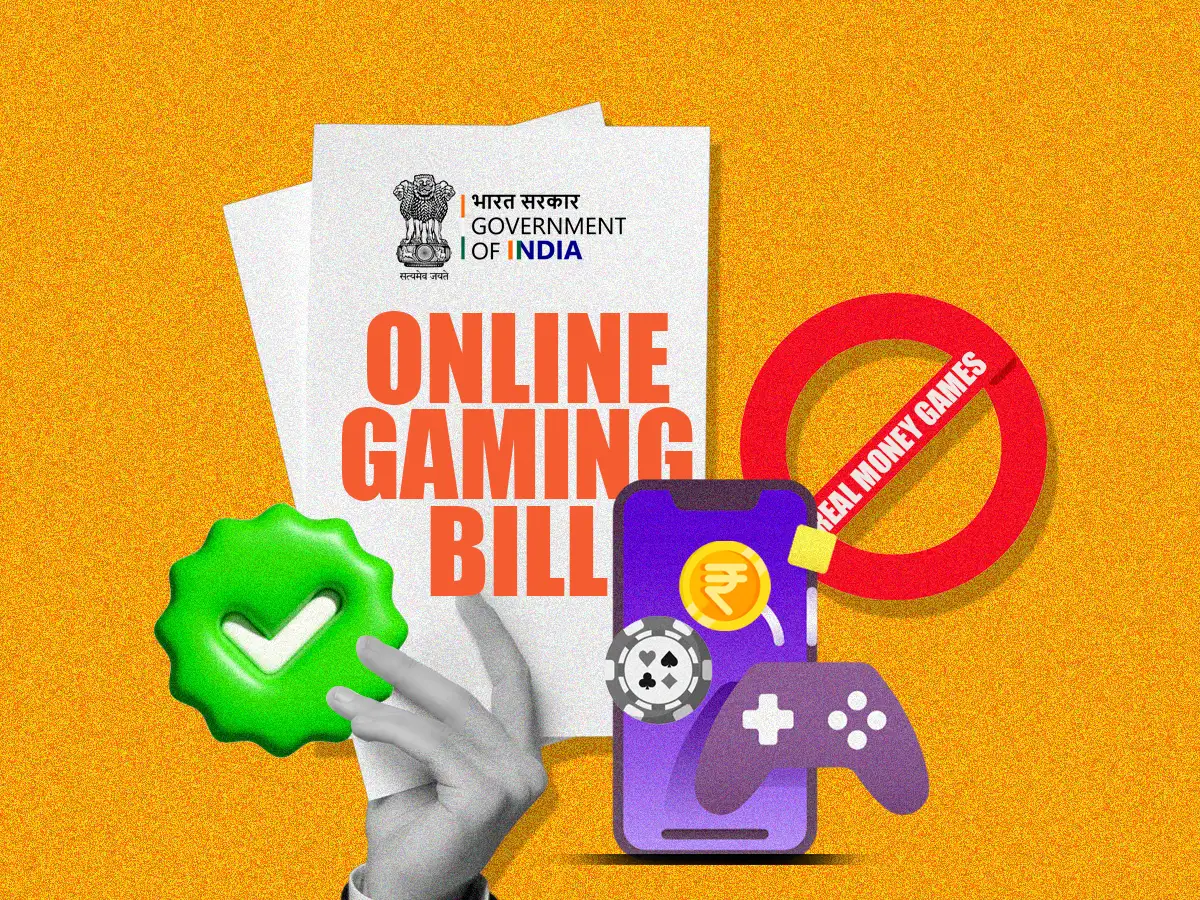By Pratik Bhakta
Copyright indiatimes

The ban on real-money gaming startups is beginning to weigh heavily on the balance sheets of payment aggregators that facilitated money movement on these platforms.While payment volumes have already taken a significant hit, industry insiders told ET that the deeper impact will be felt over the coming quarters as firms grapple with a sharp drop in revenues. For many small and mid-sized aggregators, the decline could shave off as much as half their bottom line, people aware of the matter said.As of mid-2025, as many as 54 companies were licensed to operate as payment aggregators, including Razorpay, Cashfree and Easebuzz.According to data from the National Payments Corporation of India, after the ban came into effect, transactions on UPI under the gaming category dropped to 270 million in August from 351 million in July.“RMG platforms were offering as much as 3% on credit card payments (against the industry standard of 1.5%), even 0.5% to 1% on UPI payments (which is otherwise free). While many of the large payment processors were staying away from such businesses, many payment companies were definitely powering these apps,” said the chief executive officer of a payment firm, based in Bengaluru.Another top executive at a newly licensed payments firm told ET that some of the payment processors could take a 20% hit on their volumes, but the impact on their revenues could be as high as 50%, given the higher commissions being paid by the gaming companies.UPI was the most preferred mode of transaction for gamers; so, the slowdown in volume on UPI is largely indicative of the trend across the gaming industry. The volumes are expected to go down further, industry insiders said.For the digital payments industry, the impact on a key revenue source comes at a time when it is going through a major round of formalisation with the Reserve Bank of India directly starting to regulate the sector. Two large payment processors, Razorpay and PhonePe, are preparing for their public market debut as well.ET reported on August 22 that the RMG ban could shave off around Rs 20,000-30,000 crore in monthly transaction value from the larger payments system. ETtech
Tagging issuesA senior industry executive from a mid-sized payments firm told ET that mapping of merchants to wrong merchant codes is a major industry-wide issue and the RMG ban would exacerbate that problem.According to a regulatory mandate, all merchants are tagged with a merchant code (MCC codes), which helps define the transaction charges involved and also the extent of due diligence required on that specific merchant. Payment aggregators routinely mis-tag merchants.“The compliance posture among payment aggregators is still a work-in-progress, they have been recently regulated, the RBI audits have just started, so there are challenges the sector is grappling with. Now, with the gaming ban, this will become a major issue,” said a banker who leads the payment division for a private sector lender. For instance, if the aggregator is not sure whether a merchant is a gaming merchant, how would he shut it down, the banker asked.Also, gaming startups do not register themselves as RMG players all the time, the banker said. In a bid to avoid additional scrutiny, some are registered as software service providers or technology providers and identifying them is a big challenge for payment firms.While the large payment aggregators might have tighter systems, industry insiders said newly licensed players might have more loose ends.The RBI audits every system for regulated entities. For payment firms, all their customer onboarding systems and KYC processes are checked, but here the regulator follows a sampling process.“The RBI will check a sample of 15-20 merchants through random processes; if they get to catch someone, they will take action, else it is easy to avoid scrutiny,” said one of the executives cited earlier.Also Read: Ban-hit real money gaming companies fire 2,000 setting off a scramble for jobsIndustry-level clean-upFor the payments sector, gaming was a huge business opportunity, an area with a potential market size of $9 billion by 2029. While the disappearance of that opportunity will hurt business volumes, it might also make life better for well-established large payment companies.“Many smaller payment firms were onboarding gaming companies in the search for quick growth, now that will be gone,” said the first executive cited in the story.For large players like Razorpay and PayU, the ban will help them insulate from competition from upstarts. With direct-to-consumer brands facing their own challenges, a slowdown in lending over the last one year and a reduction in excessive speculation in the stock markets, ecommerce is the only opportunity left for digital payment firms to tap into.“The market is anyway under stress with wafer-thin prices for payment firms, on top of that with so many regulated PAs vying for market share, competition will only get more severe,” the founder of one of the largest payment firms said on the condition of anonymity.He said the fight will be on product development and servicing, areas where the large players have an advantage given their scale and financial power.“The large players were anyway under severe regulatory scrutiny around any of the gaming merchants. Now with gaming gone, everyone is on the same platform,” said the founder quoted above.



